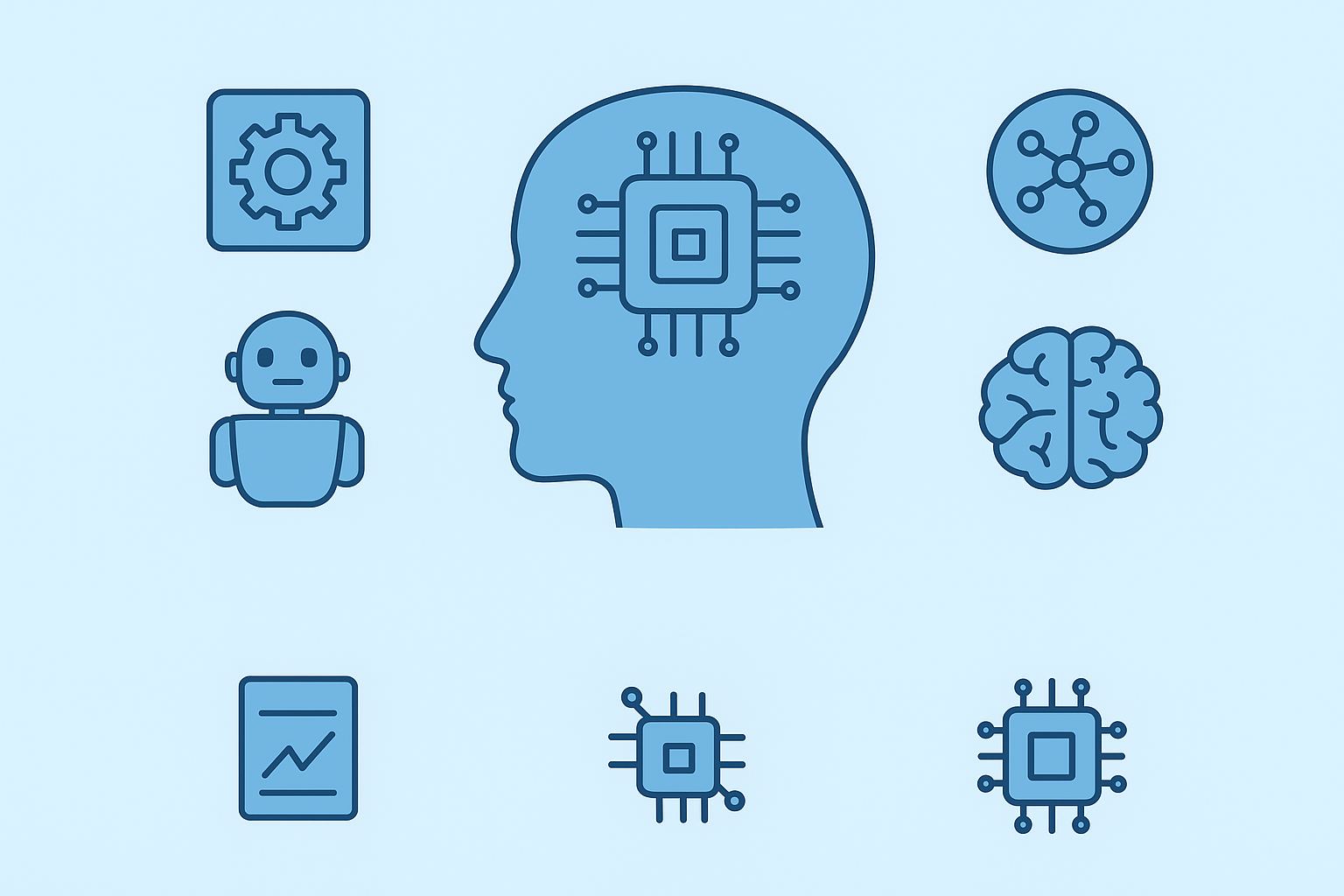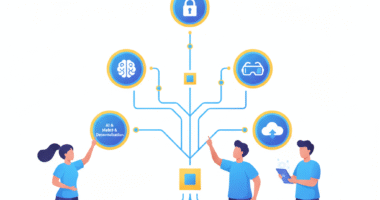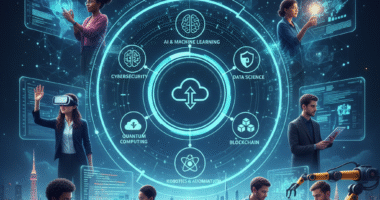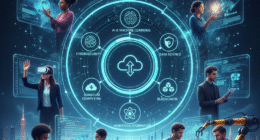In today’s fast-changing world, digital skills have become the backbone of the modern workforce. As technology evolves, so do job roles, business models, and skill requirements. The future of work is defined by adaptability, lifelong learning, and the ability to harness digital tools for innovation and productivity.
Understanding the Digital Transformation of the Workforce
Digital transformation is more than just adopting new technology — it’s a shift in how we think, work, and collaborate. Organizations across industries are integrating digital systems like automation, artificial intelligence (AI), and cloud computing to stay competitive.
The Rise of the Digital Economy
The global economy is now powered by digital platforms and data-driven processes. From e-commerce and fintech to healthcare and education, every sector depends on technology. This shift creates a demand for employees who can navigate digital tools, analyze data, and communicate effectively in virtual environments.
New Roles and Opportunities
With automation handling repetitive tasks, new roles are emerging that require creativity, critical thinking, and digital literacy. Professions like data analysts, UX designers, cybersecurity experts, and AI engineers are now among the most sought-after positions. Even traditional jobs now demand at least basic digital proficiency — such as managing online communication, using cloud-based systems, or understanding analytics.
The Importance of Building Digital Skills
Digital skills are no longer optional; they’re essential for career growth and organizational success.
Core Digital Competencies
Some of the most valuable digital skills for the modern workforce include:
-
Data literacy: Understanding and interpreting data to make informed decisions.
-
Digital communication: Using online collaboration tools effectively.
-
Cybersecurity awareness: Protecting digital assets and personal information.
-
AI and automation knowledge: Leveraging smart technologies to improve efficiency.
-
Adaptability: Quickly learning and applying new tools as technology evolves.
Empowering Lifelong Learning
To thrive in the future of work, professionals must embrace continuous learning. Upskilling (learning new skills) and reskilling (retraining for new roles) ensure that workers remain relevant in a digital-first economy. Many companies are now investing in employee training programs, online learning platforms, and mentorship opportunities to build future-ready teams.
The Role of Organizations in Workforce Transformation
Organizations play a critical role in shaping the future of work. Successful businesses understand that digital transformation isn’t just about technology — it’s about people.
Creating a Digital-First Culture
Companies must foster a digital-first mindset, where innovation, collaboration, and flexibility are encouraged. This involves rethinking workflows, supporting hybrid work models, and promoting cross-functional teamwork through digital tools.
Investing in Human Capital
The most successful organizations of the future will be those that invest in their people. Providing access to training, flexible learning options, and career development opportunities helps employees feel empowered and prepared for change.
Conclusion
The future of work is digital, dynamic, and human-centered. As industries continue to evolve, developing strong digital skills will be the key to unlocking new opportunities and driving workforce transformation.
By embracing lifelong learning and innovation, individuals and organizations can stay competitive and resilient in an increasingly digital world — shaping a future where technology enhances human potential.








